
Your weekly longevity insights are here.
Turning off your phone’s internet for two weeks can reverse 10 years of cognitive aging—proving once and for all that your brain runs better without 47 tabs open.
Some participants even kept their habits after the study, which means they probably didn’t see that email you sent.
Don’t keep longer. a secret—share it with your friends!
This week in longevity:
💧 Water lowers heart disease risk, excess caffeine raises it
🥛 Milk boosts gut health, cheese reduces microbial diversity
🧬 Blocking one protein makes aging cells act young again
🦠 A new DNA test tracks diet through stool samples
🌬️ One hour of air pollution harms brain function for hours
Plus, more longevity breakthroughs.
Read time: 6 minutes
THIS WEEK IN LONGEVITY
FEATURED
📵 Turning off your phone’s internet could reverse cognitive aging
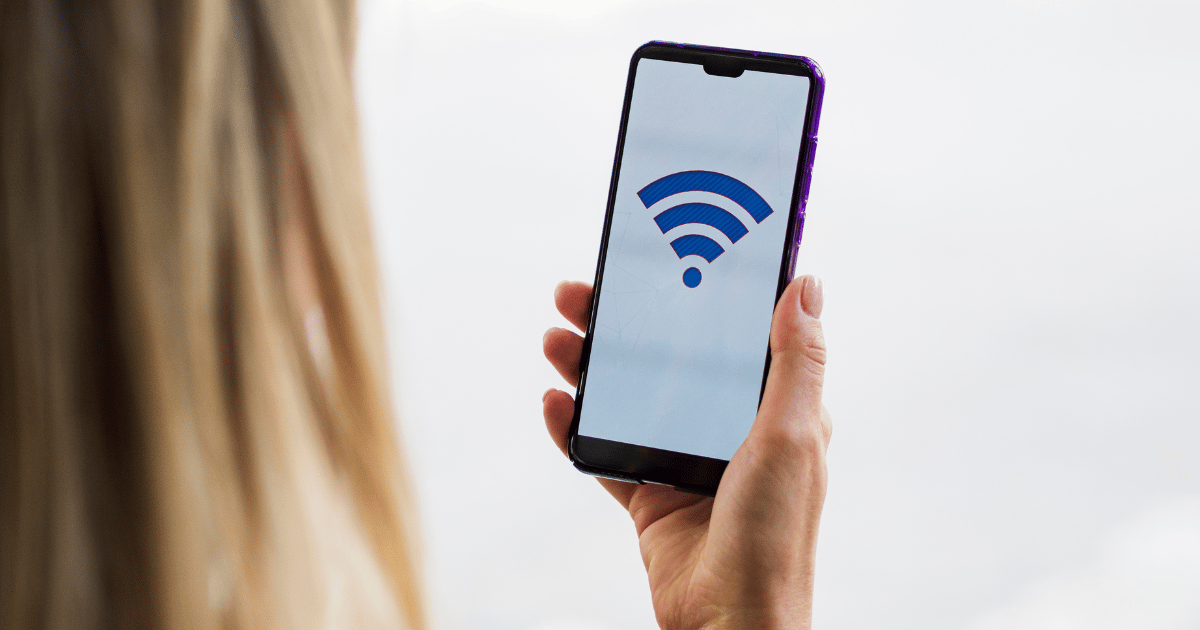
Source: Freepik
A new study from the University of Texas at Austin found that blocking mobile internet for just two weeks led to big improvements in mental health, focus, and well-being—comparable to reversing 10 years of age-related cognitive decline.
What to know:
The experiment: Researchers had 467 iPhone users block mobile internet while keeping calls and texts for two weeks.
Cognitive benefits: Attention improved to levels seen in people 10 years younger based on standardized focus tests.
Mental health boost: Participants felt happier and had well-being improvements larger than typically seen with antidepressants.
Behavioral changes: Without mobile internet, people naturally spent more time socializing, exercising, and being outdoors—key activities for mental health.
Lasting impact: Many participants kept their phone habits in check even after regaining internet, suggesting long-term benefits.
You don’t need to quit completely: Even those who reduced rather than fully blocked mobile internet saw improvements, meaning smaller steps—like limiting certain apps or setting phone-free hours—could still help.
Why it’s important: Our brains aren’t built for nonstop online connection. This study suggests that even short breaks from mobile internet can sharpen focus, lift mood, and help us feel more in control of our time—without having to give up our phones entirely.
FEATURED
🧬 New DNA test tracks diet and health from stool samples
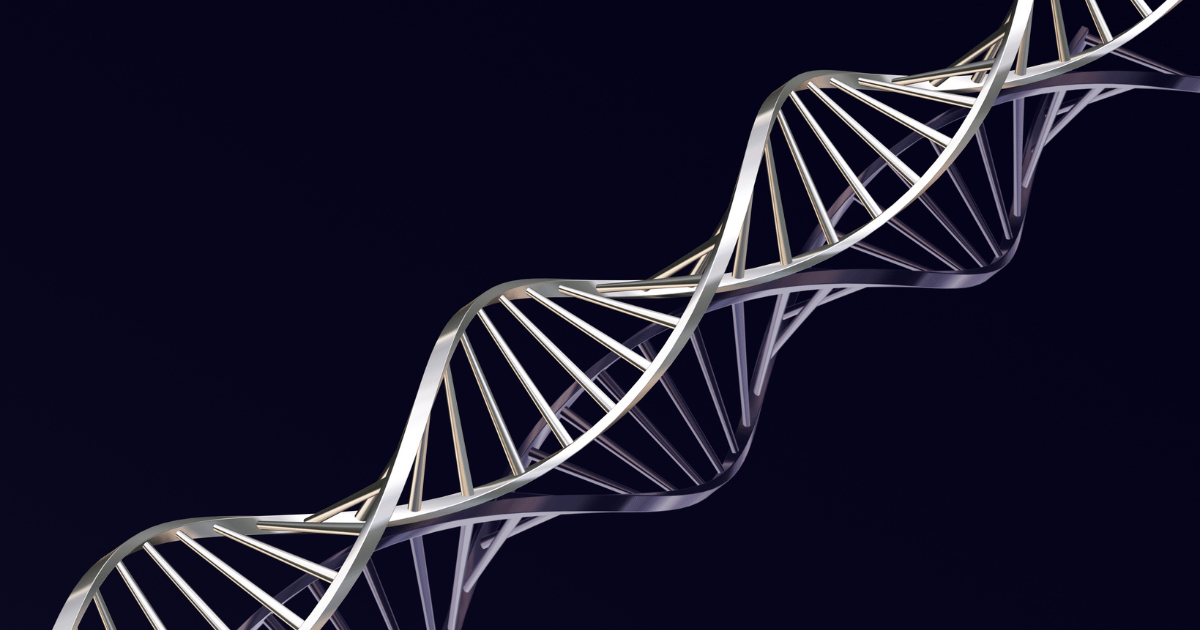
Source: Freepik
Scientists at ISB have developed a groundbreaking method called MEDI (Metagenomic Estimation of Dietary Intake) that uses stool samples to analyze diet. By detecting food-derived DNA in feces, MEDI offers an objective alternative to traditional food diaries, which often suffer from inaccurate self-reporting.
What to know:
How it works: MEDI sequences DNA in stool samples—including microbial, human, and food-derived DNA—to estimate what a person has eaten.
More accurate than food diaries: Instead of relying on memory, this method objectively tracks diet using genetic data from over 400 food items.
Links diet to health risks: MEDI identified diet patterns associated with metabolic syndrome, a condition that increases the risk of heart disease and diabetes.
Applies to all ages: The method worked across different age groups and in controlled feeding studies, proving its reliability.
Future potential: With further development, MEDI could revolutionize nutrition research, clinical trials, and personalized health tracking.
Why it’s important: This breakthrough provides a powerful, non-invasive way to measure diet and its impact on health. By combining food tracking with microbiome analysis, MEDI could help researchers, doctors, and individuals better understand how diet influences disease risk—without the guesswork of food diaries.
💡Pro Tip: Want to dive deeper? Use tools like ChatGPT, Claude, or Gemini to simplify complex studies. Copy, paste, and get a clear summary—it’s like having a personal research assistant.
IN THE SPOTLIGHT
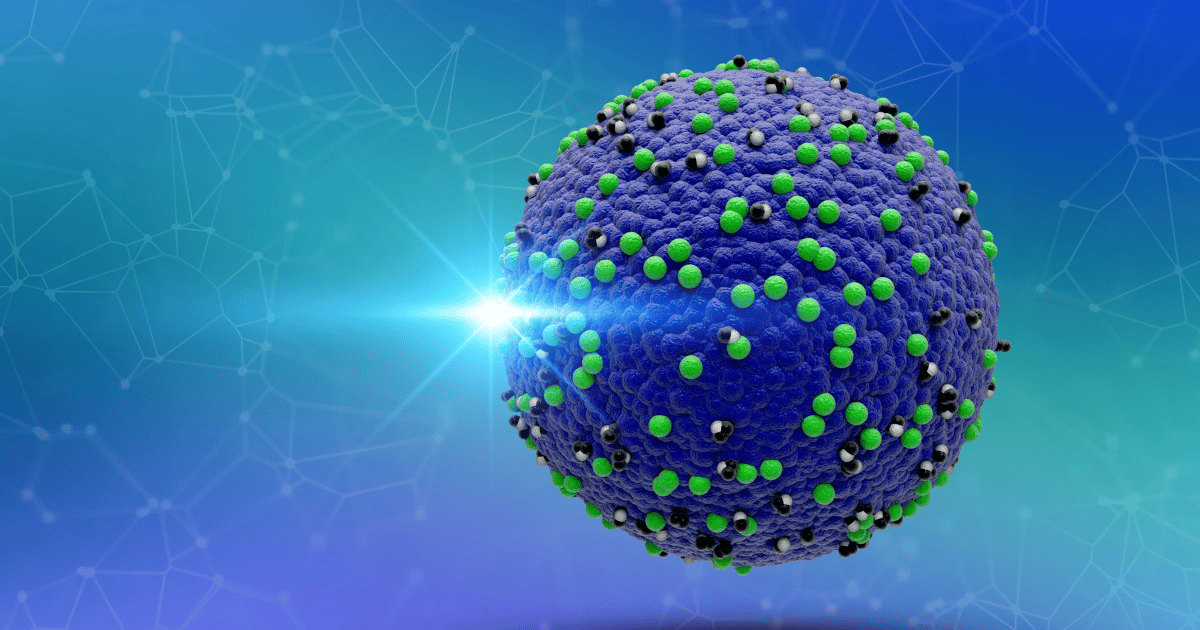
Source: Freepik
1. A Hormone That Keeps the Immune System Young
A new study in Nature shows that boosting a hormone called FGF21 inside the thymus—an organ that produces immune cells—can slow down its aging. Normally, the thymus shrinks with age, reducing the body’s ability to fight infections. But when researchers increased FGF21 in certain support cells inside the thymus, older mice produced more youthful immune cells and stayed healthier longer. Interestingly, raising FGF21 levels in the liver had no effect, showing that this hormone works best when it’s active directly inside the thymus.
2. Just One Hour of Air Pollution Can Harm Your Brain for Hours
A new Nature study shows that breathing polluted air for just 60 minutes can weaken focus and emotion recognition for at least four hours. The effects occurred whether participants breathed through the nose or mouth, suggesting pollution impacts the brain through the lungs. Even common sources like traffic, construction, and cooking can contribute, underscoring the need for cleaner air indoors and outdoors.
3. Even “Normal” Vitamin B12 Levels May Affect Brain Health
A new Annals of Neurology study suggests that older adults with lower—but still normal—B12 levels show signs of brain decline. Researchers found these individuals had more brain lesions, slower thinking, and delayed visual processing. The findings raise concerns that current B12 guidelines may need updating, and experts suggest older adults with neurological symptoms consider supplementation.
LONGEVITY SNAPSHOTS
WHAT ELSE YOU SHOULD KNOW THIS WEEK
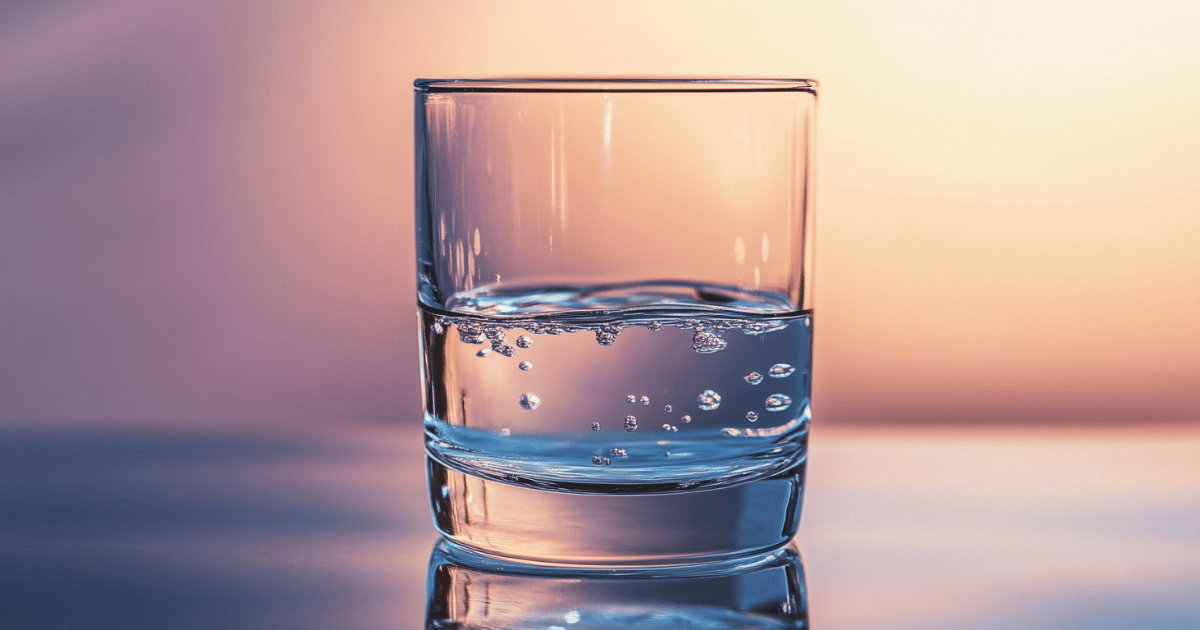
Source: Unsplash
🧠 Nano BCI: Neurotech startup Subsense raised $17M to develop a brain-computer interface using nanoparticles instead of surgery. Their noninvasive tech could treat neurological diseases, restore movement, and enable thought-to-text translation.
💧 Water Wins: A study of 461,000 people found drinking more water lowers heart disease risk, while excessive coffee or tea (6+ cups/day) raises it. Women faced the highest risk, with heavy caffeine intake increasing heart disease odds by nearly 50%.
🧠 Risk & Reward: Harvard researchers found two brain cell groups in mice—one tracking good outcomes, the other bad—helping balance risk and reward. Silencing these cells altered decision-making, offering clues to human conditions like depression and addiction.
🥛 Dairy & Gut: A new study found milk boosts gut-friendly bacteria linked to digestion and metabolism, while cheese reduces microbial diversity. Researchers say dairy’s effects vary, with milk acting as a prebiotic and cheese altering microbiome balance.
🧬 Cell Rewind: Osaka University scientists found blocking AP2A1 (a protein linked to cell structure) helps aging cells act young again, while increasing it speeds up aging. This discovery could lead to new anti-aging treatments by reversing cellular decline.
LONGEVITY LAB
LONGEVITY LAB
The First Longevity Gym?
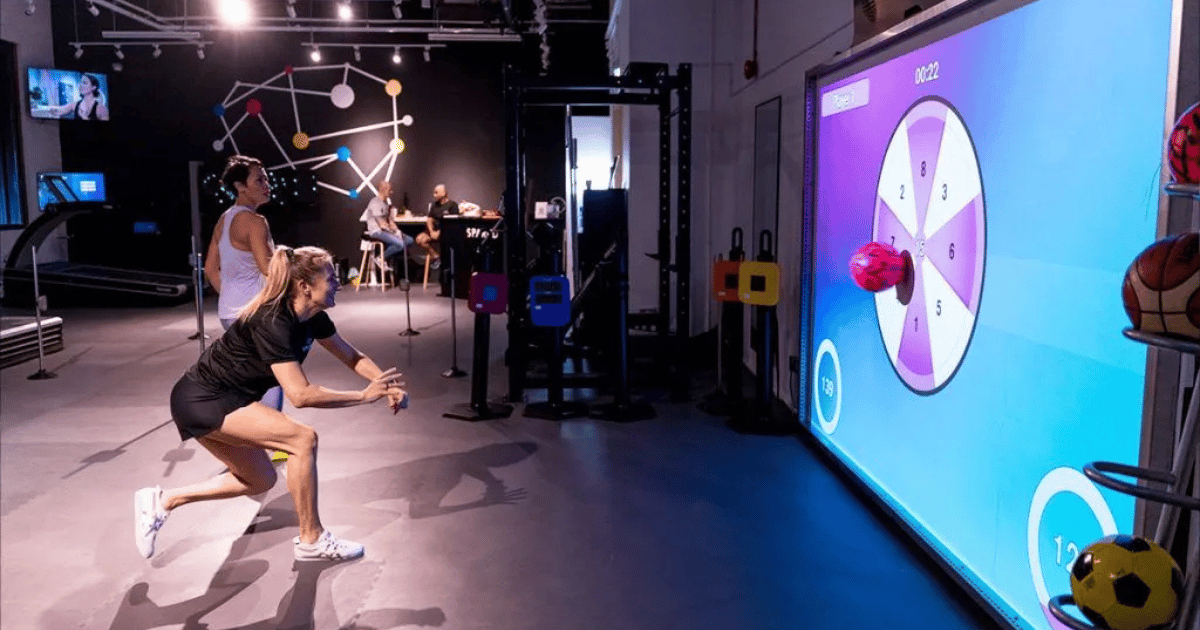
Source: Longevity Technology / Chi Longevity
A new gym just launched—not for lifting weights, but for living longer.
Chi Longevity’s new brain-body training center combines cognitive drills, mobility work, strength training, and medical diagnostics to target aging at every level. The goal: sharper thinking, better reaction time, and stronger bodies as we age.
Future of fitness or just a niche trend?
WHAT WE’RE BOOKMARKING
📱 Social
🎧 Podcasts
• Peter Attia, MD: “AMA #68 – Fasting, Well-Balanced Diets, Alcohol, Exercise for Busy People, Wearables, Emotional Health, and More” – A deep dive into optimizing health with practical tips on diet, fitness, wearables, and cardiovascular risk assessment (Apple Podcast link).
📚 Books
• “Good Energy: The Surprising Connection Between Metabolism and Limitless Health” by Casey Means MD & Calley Means: A game-changing guide to optimizing health through metabolic function (Amazon link).
⚙️ Tools to Try
• Withings BPM Core: A smart blood pressure monitor that also records ECG and heart sounds for deeper heart health insights (Product website).
Thanks for reading.
What did you think of this week’s newsletter?
See you in the next issue.

